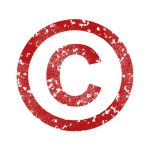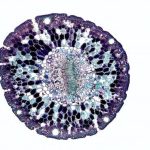Case study: The need for informed consent

Case: The study proposed a new wound healing technique and involved needle puncture on patients from two medical centers. It was mentioned in the paper that an institutional ethical review board has given ethical approval for the study. However, the process of puncturing, healing, and cleaning the vascular access was done without informed consent.
Action: On being informed of the need for patient consent, the authors asked if they could correct the situation by obtaining informed consent retrospectively. Our expert explained to the authors that journals would have an issue with human experimentation conducted without active consent of the subjects and that this requirement ought to be fulfilled before experimentation. The authors did not know about this and thanked us. They informed us that they would conduct the experiments involving invasive procedures once again, this time with prior informed consent from the patients.
Summary: Informed consent involves clearly explaining the procedures, risks, and benefits of the medical tests performed on the patients and taking their freely given consent, preferably in written form. Any study on patients, patient groups, and/or volunteer participants requires informed consent, which must be documented in the paper before submission to a journal. This is a non-negotiable ethical requirement of human experimentation. As per research protocol, journals should specify the requirement for informed consent in their instructions for authors, and published articles should indicate that informed consent has been obtained. In most cases, peer reviewers or ethical review committee members raise the alarm if the informed consent forms are missing or inadequate. Many reputed journals would reject a manuscript if it does not contain proper documentation of informed consent. Universities and journals should make authors aware of all ethical requirements of scientific research so that their work is not rendered ineligible for publication because of an ethical lapse.









